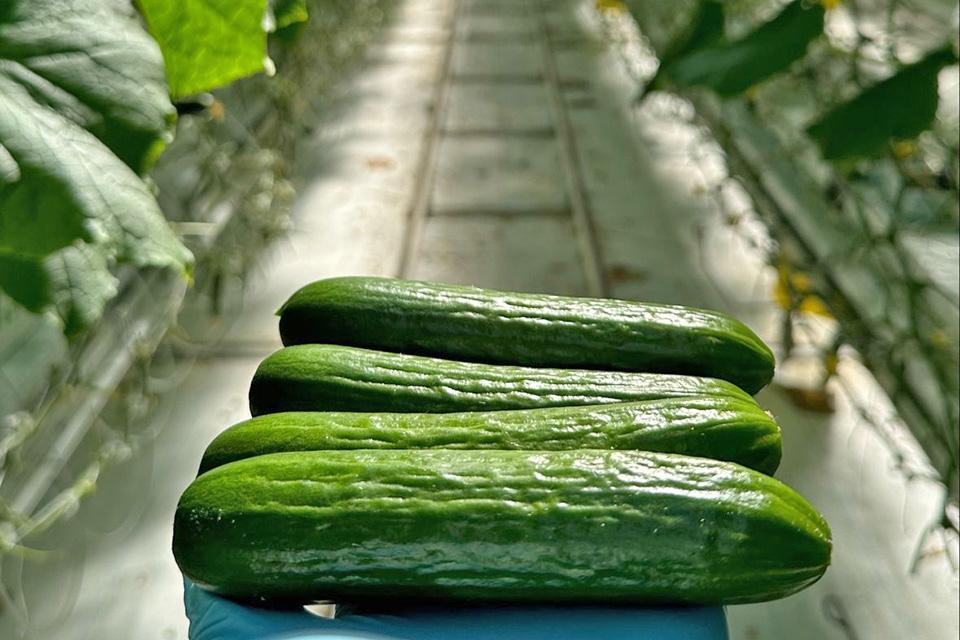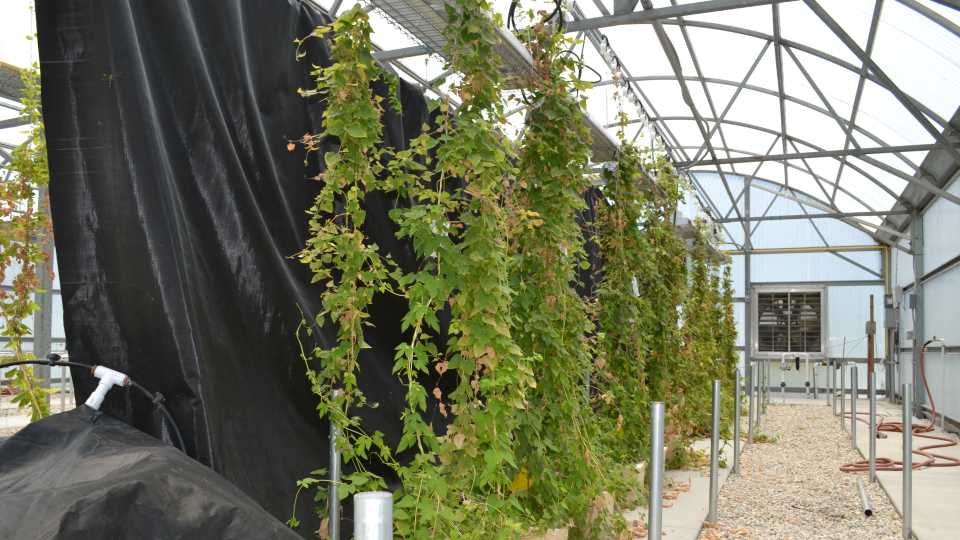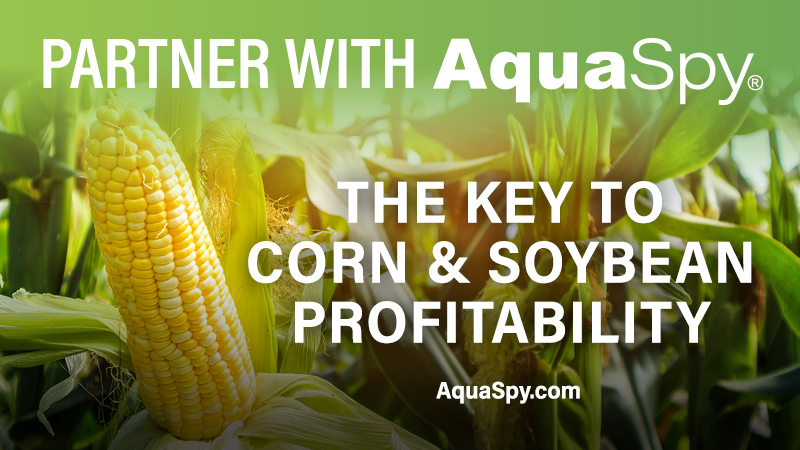Additional Aid Coming For Florida Citrus Growers Gouged By Greening
U.S. Agriculture Secretary Tom Vilsack announced that the USDA has made new financial assistance available to eligible Florida citrus growers for the removal of trees afflicted with HLB, (also known as citrus greening) and for replanting groves with new healthy stock. The support comes through USDA’s Tree Assistance Program.
Through the Tree Assistance Program, USDA is providing Florida – the area of highest immediate need – with additional support to combat HLB. Other citrus-growing states could be eligible for similar support in the future. Because HLB damages and then kills citrus trees over time, USDA has expanded the Tree Assistance Program to allow Florida producers to remove and replace trees as they decline. Previously, to receive program assistance, all citrus tree deaths had to occur in one year. Now, farmers can receive support as trees decline/die over a period of up to six years.
Florida citrus growers will be eligible for up to 50% of the cost of the removal of diseased trees and site preparation, 65% of the cost of replanting and labor, and 65% of the cost of seedlings. Losses must have occurred on or after Oct. 1, 2011, and individual stands must have sustained a mortality loss of 15% after adjustment for normal mortality. Trees that are no longer commercially viable may be considered to have met mortality. Growers are encouraged to contact their local USDA Service Center for information on the types of records needed before applying, and to schedule an appointment. Supporting documents may include purchase receipts for eligible trees, planting and production records, and documentation of labor and equipment used to plant or remove eligible trees.
“This is really good news and should go a long way to incentivize eligible growers to re-plant citrus,” said Mike Sparks, executive VP/CEO of Florida Citrus Mutual and Florida Grower’s 2014 Citrus Achievement Award winner. “We are a resilient bunch; growers want to re-plant even in this challenging environment. The new TAP should help shoulder some of the risk.”
No person or legal entity, except joint ventures or general partnerships, may receive more than $125,000 in assistance. Individuals or entities with average gross income exceeding $900,000 are ineligible for payment. Applications approved after Sept. 30, 2014, are subject to a payment reduction of 7.3% as required by the Budget Control Act passed by Congress in 2011. Other restrictions may apply.









